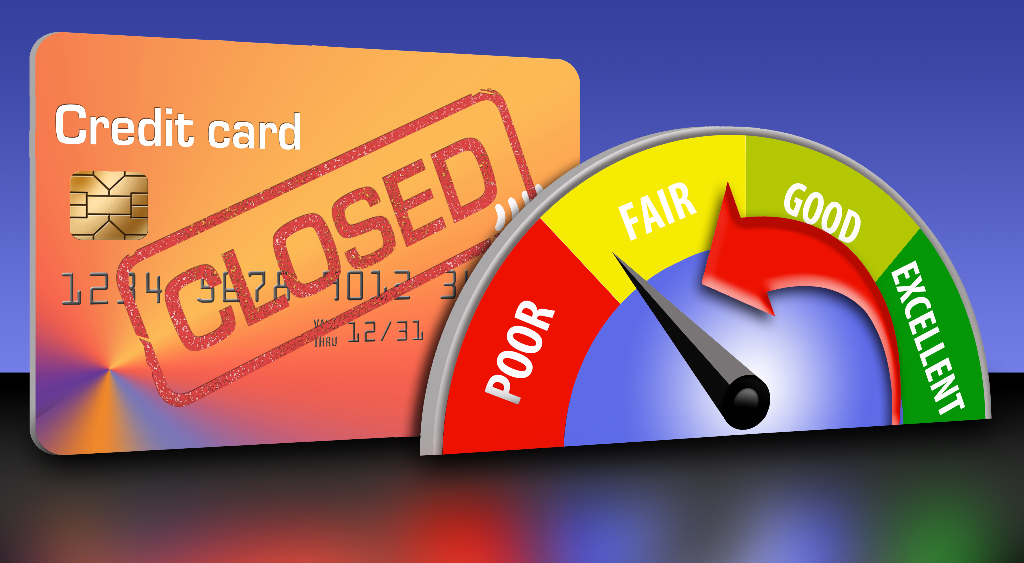The Effects of Cosigning a Loan

- A co-signer and the primary borrower take full responsibility for paying back a loan.
- The co-signer has a legal obligation to pay any missed payments and even the entire loan amount if the borrower defaults on the payments.
- It's important to know what it means to be a co-signer, the pros and cons of consigning a loan, and the financial effects of consigning on a loan.
As a loan applicant, you may be advised to add a cosigner to your loan. On the other hand, you may have had someone like a close family member or friend ask you to become a cosigner on their loan. Either way, cosigning on a loan is a big financial responsibility. It's important to know what it means to be a co-signer, the pros and cons of consigning a loan, and the financial effects of consigning on a loan.
What Cosigning Means
When a person wishes to borrow money, they typically need to present their credit card history, credit reports, and their income level to determine whether they are eligible for a loan.
Recommended Read: The difference between a credit report and a credit score

Image Credit: YP_Studio / Shutterstock.com
However, sometimes, a person may not have a good credit score or may not fit the qualifications for additional funding. As a result, some financial institutions may offer to cosign a loan. Cosigning a loan is an alternative where the financial institution will essentially allow another person to act as the loan's guarantor, so the applicant can be approved.
Effects of Cosigning
1. You are responsible for the debt as a cosigner.
One of the biggest downfalls of cosigning is that your credit score can be negatively impacted if the person consistently makes late payments or defaults on the loan. Your score will be hit each time the person makes a payment on the loan that is 30 days late. Several late payments can lead to the lender closing the account and sending it to collections, which negatively affects your credit score even more, and will make you responsible for repaying the loan when the primary borrower defaults.
2. Removing yourself as a cosigner can be difficult.
Getting out of a cosign agreement is not always easy. Thankfully, some cosigned loans have instructions for a cosigner release. This allows you to take your name off the account after the person has made a certain number of consecutive on-time payments. Ensure that you thoroughly understand all the cosign release rules before signing a cosign agreement.
Another option to get out of a cosigned loan is to refinance the loan in the other person's name. Refinancing requires the person to meet the requirements of the lender. Their credit score will have had to improve enough to qualify for a loan on their own.
3. You may have a temporary drop in your credit score.
Even if the person makes on-time payments, you may see your score drop a bit at first. Every new application for credit drops your score a little bit. The reason why your credit score may drop at first is because of the additional risk taken on by being a cosigner. As the person being cosigned does not have a good credit score, their credit liabilities transfer over to you, which may cause a decline. However, if the person pays their balances in full and on time, your credit score will gradually go back to normal.

Image Credit: robertindiana / Shutterstock.com
Also, becoming a cosigner adds to your total credit usage. As credit utilization is one of the main factors in calculating a credit score, exceeding the typical 30% threshold can have consequences. If you have a high credit utilization rate, then cosigning and taking on additional debt could put you over the acceptable limit. Therefore, before accepting to be a cosigner, do your due diligence to determine how the additional debt can affect your personal credit score.
Recommended Read: Tips on How To Improve Your Credit Score
The Money Wrap-Up
You want to have as much control as possible when it comes to credit. If you are cosigning for a friend or family member, you are tying your money with another person and you are not in control of the outcome.
If you choose to be a cosigner, make sure you can trust the person to handle the account. Therefore, be upfront about asking them to communicate if something goes wrong, so you are not blindsided by the situation.
Lastly, remember that if they default, you become liable for paying the loan back, plus any interest rate and late fees associated with it. So, before cosigning a loan, look at your financial position and see if you are comfortable with the worst-case scenario. If the outcome will affect your financial situation in any way, it is not worth jeopardizing your financial health.
Main Image Credit: Krakenimages.com / Shutterstock.com